
Baalbek: The Ancient Jewel of Lebanon
Nestled in the Beqaa Valley, Baalbek is Lebanon's treasure trove of history and culture. Known for its stunning Roman ruins, this ancient city offers a peek into the grandeur of centuries past. The Temple of Bacchus and the Temple of Jupiter stand as testaments to the architectural prowess of the Romans, making Baalbek a must-visit for history enthusiasts. Baalbek is not just about ruins; the city pulsates with vibrant local culture and traditions. Wander through the bustling souks, savor the rich flavors of Lebanese cuisine, and experience the warmth of its people. The annual Baalbek International Festival showcases world-class performances in a spectacular setting, blending the old and the new in a unique celebration of art and culture. Surrounded by scenic landscapes and vineyards, Baalbek offers more than just a historical journey. Take a leisurely stroll through the lush Beqaa Valley or visit nearby wineries for a taste of Lebanon's finest wines. Whether you're a history buff, a culture vulture, or a nature lover, Baalbek promises an unforgettable experience.
Local tips in Baalbek
- Visit early in the morning to avoid crowds at the Roman ruins.
- Check the schedule for the Baalbek International Festival if visiting in summer.
- Wear comfortable walking shoes as the terrain can be uneven.
- Try the local cuisine in the souks for an authentic Lebanese experience.
- Don't miss a visit to the nearby vineyards for wine tasting.
Baalbek: The Ancient Jewel of Lebanon
Nestled in the Beqaa Valley, Baalbek is Lebanon's treasure trove of history and culture. Known for its stunning Roman ruins, this ancient city offers a peek into the grandeur of centuries past. The Temple of Bacchus and the Temple of Jupiter stand as testaments to the architectural prowess of the Romans, making Baalbek a must-visit for history enthusiasts. Baalbek is not just about ruins; the city pulsates with vibrant local culture and traditions. Wander through the bustling souks, savor the rich flavors of Lebanese cuisine, and experience the warmth of its people. The annual Baalbek International Festival showcases world-class performances in a spectacular setting, blending the old and the new in a unique celebration of art and culture. Surrounded by scenic landscapes and vineyards, Baalbek offers more than just a historical journey. Take a leisurely stroll through the lush Beqaa Valley or visit nearby wineries for a taste of Lebanon's finest wines. Whether you're a history buff, a culture vulture, or a nature lover, Baalbek promises an unforgettable experience.
When is the best time to go to Baalbek?
Iconic landmarks you can’t miss
Baalbek Roman Ruins
Discover Baalbek, Lebanon: Explore magnificent Roman temples and ancient ruins in the heart of the Beqaa Valley, a UNESCO World Heritage Site.
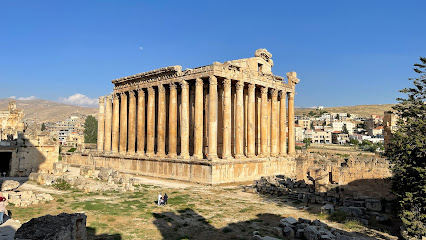
Baalbek Temple
Discover Baalbek Temple, a UNESCO World Heritage site in Lebanon, showcasing stunning Roman architecture and rich cultural heritage.
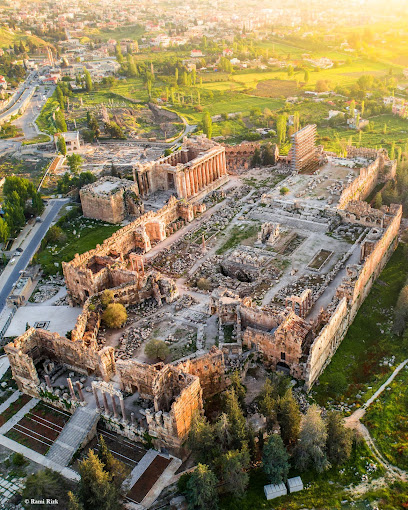
Sayyida Khawla Shrine
Discover the serene beauty and spiritual significance of Sayyida Khawla Shrine in Baalbek, a revered pilgrimage site rich in history and architecture.
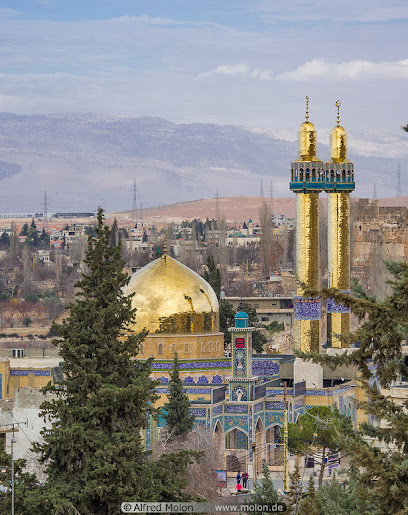
Ras El Ein Park
Escape to Baalbek's largest park: a green sanctuary with lush gardens, tranquil paths, and a vibrant community atmosphere. Perfect for a relaxing day out.
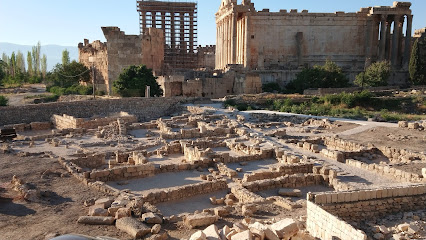
Temple of Bacchus
Explore the Temple of Bacchus in Baalbek, a remarkably preserved Roman masterpiece dedicated to the god of wine and revelry. A UNESCO World Heritage Site.
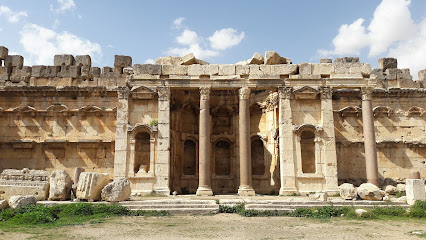
Temple of Jupiter
Explore the Temple of Jupiter in Baalbek, a colossal Roman marvel and UNESCO World Heritage Site, revealing Lebanon's rich history and architectural grandeur.
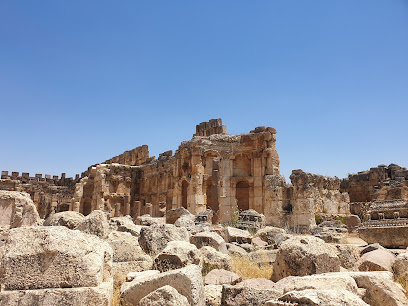
بعلبك لبنان
Explore Baalbek, Lebanon: A UNESCO World Heritage Site featuring stunning Roman temples and rich historical significance, perfect for culture lovers.
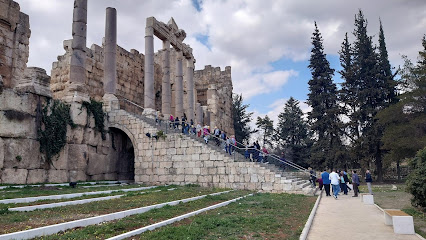
Temple of Venus in Heliopolis
Discover the Temple of Venus in Baalbek, a unique Roman temple with a circular design dedicated to the goddess of love and beauty.
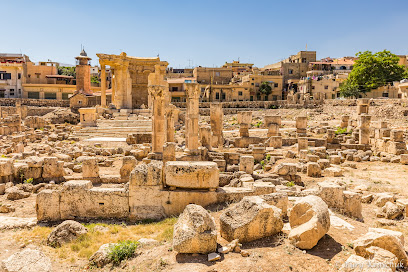
صخرة الحامل
Discover the colossal Stone of the Pregnant Woman in Ain Bourday, Lebanon, a testament to ancient Roman engineering and enduring legends.
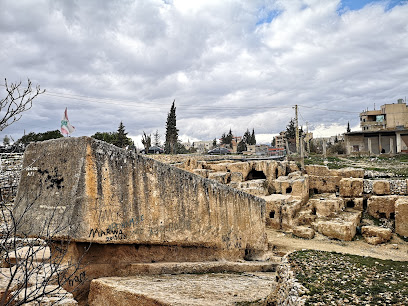
Mogher El-Taheen Historic Site
Explore the Mogher El-Taheen Historic Site in Baalbek, a captivating testament to ancient civilizations and architectural grandeur in Lebanon.
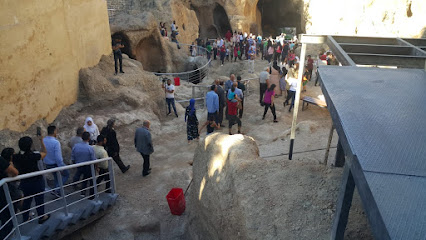
Propylaea
Discover the monumental Propylaea in Baalbek, Lebanon, a stunning gateway to the ancient Roman city and a UNESCO World Heritage site.
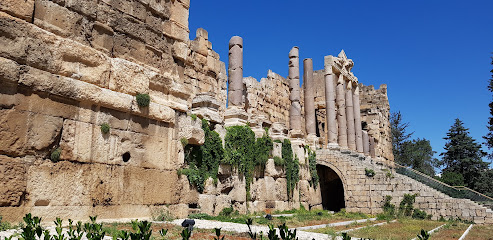
Exedrae Around the Great Court
Explore the Exedrae Around the Great Court in Baalbek, a testament to Roman architectural brilliance and Lebanon's rich history.
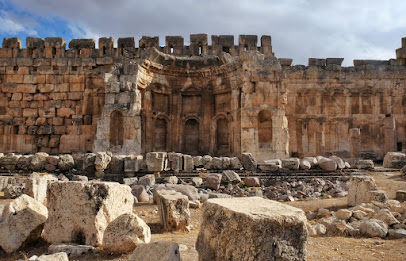
old arab castle
Explore the Old Arab Castle in Baalbek, a Mamluk-era fortress within a UNESCO World Heritage Site, offering a unique glimpse into Lebanon's rich history.
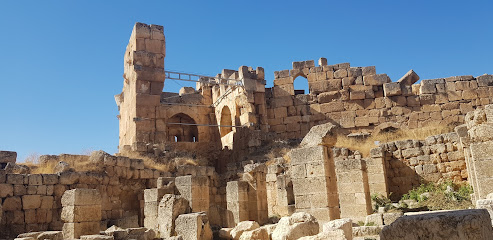
Trilithon de Baalbek
Marvel at the Trilithon in Baalbek, colossal stones that showcase the engineering genius of the ancient world and its rich history.
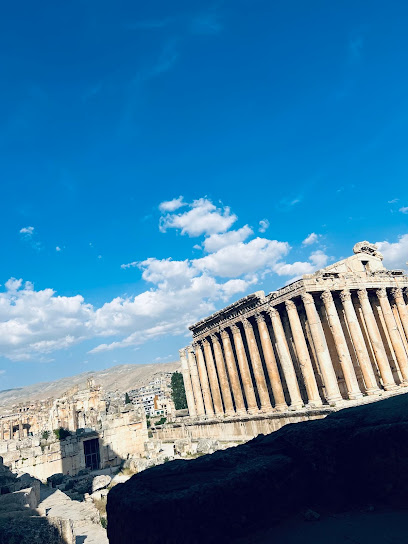
old souk
Discover the vibrant Old Souk in Baalbek: a traditional Lebanese marketplace with local crafts, flavors, and a rich cultural experience.
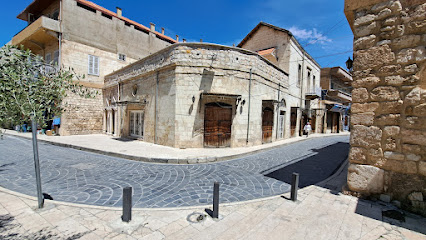
Unmissable attractions to see
Cedars of God Bsharri
Discover the breathtaking beauty and rich heritage of the Cedars of God, a UNESCO World Heritage site in Bsharri, Lebanon, perfect for nature lovers.
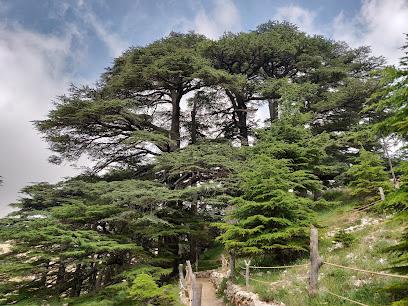
Sayyida Khawla Shrine
Experience the spiritual tranquility and historic beauty of Sayyida Khawla Shrine in Baalbek, Lebanon, a must-visit for cultural and spiritual travelers.
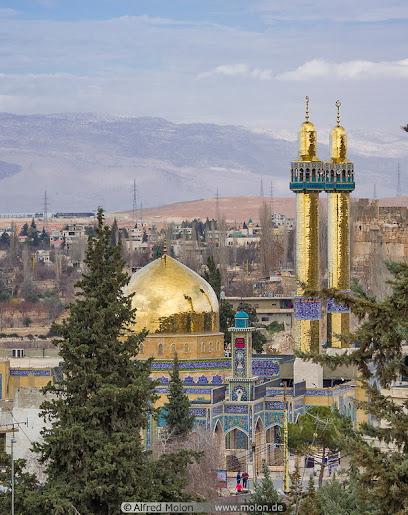
Monastery Saint Maroun
Discover the serene beauty and spiritual heritage of Monastery Saint Maroun in Aannaya, a must-visit destination for cultural and religious tourism in Lebanon.
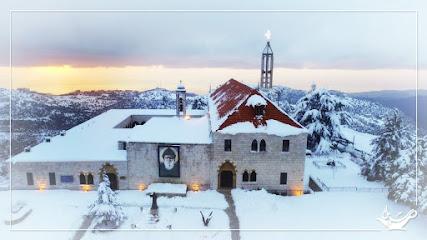
Umayyad City Ruins
Discover the Umayyad City Ruins in Aanjar, Lebanon - a UNESCO World Heritage site rich in history and stunning architecture.
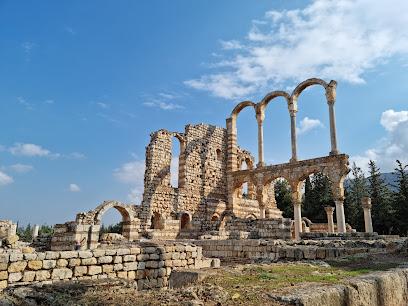
Lady Of Zahle
Discover the breathtaking beauty and cultural heritage of the Lady of Zahle, a must-visit church in the heart of Lebanon.
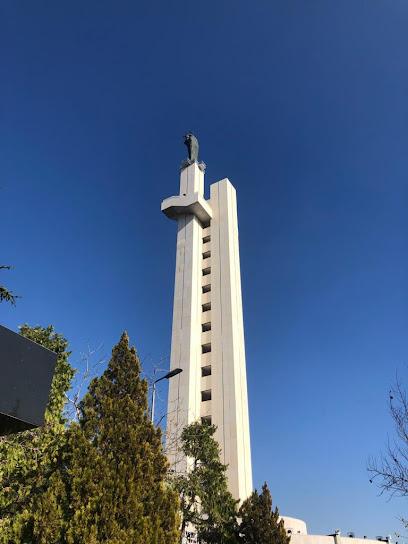
Kahlil Gibran Museum
Explore the Kahlil Gibran Museum in Bsharri, a captivating blend of art and nature dedicated to the renowned poet and philosopher.
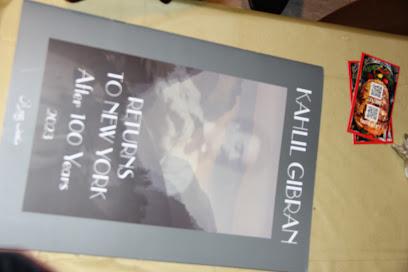
Afqa Waterfall
Experience the natural beauty of Afqa Waterfall in Lebanon, a serene escape surrounded by lush landscapes and rich biodiversity.
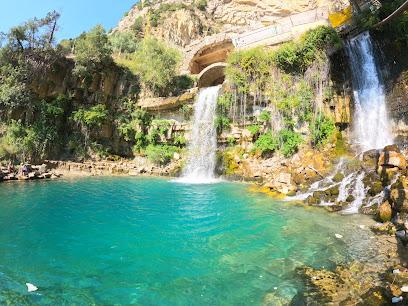
Ras El Ein Park
Explore the serene beauty of Ras El Ein Park, a tranquil community garden in Baalbek, perfect for relaxation and cultural immersion.
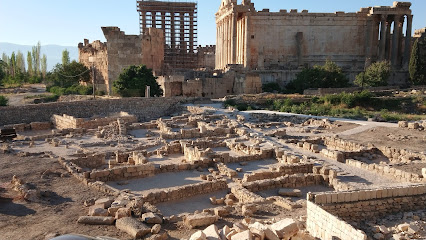
Chateau Ksara
Discover the rich heritage of Lebanese winemaking at Chateau Ksara, Lebanon's oldest winery, in the stunning Bekaa Valley.
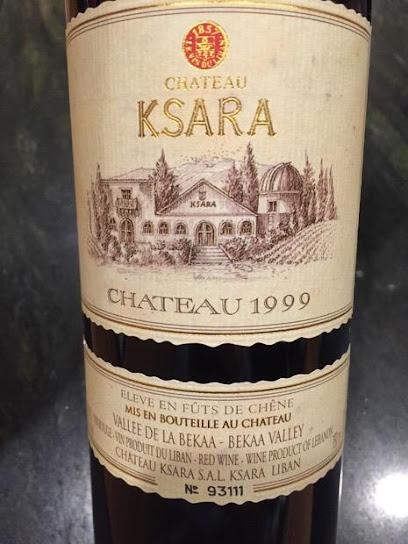
Baatara Gorge Waterfall
Explore the breathtaking Baatara Gorge Waterfall in Lebanon, a natural wonder with stunning views and serene trails, perfect for nature lovers and adventure seekers.
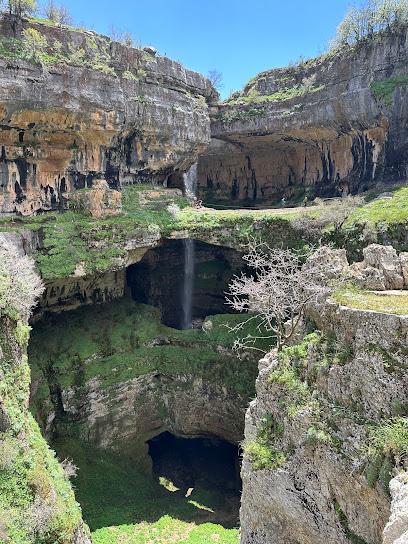
Chateau Rayak
Experience the charm of Chateau Rayak, where exquisite Lebanese wines meet breathtaking vineyard views in Riyaq.
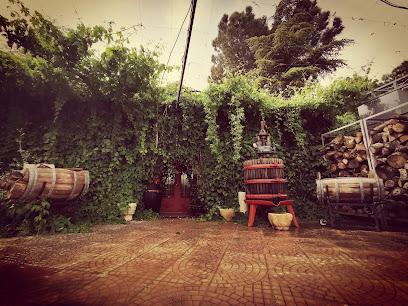
Qanat Bakish
Explore Qanat Bakich: A captivating blend of history, culture, and natural beauty in the heart of Lebanon.
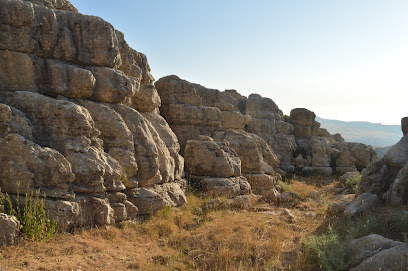
Kamouh el Hermel
Explore the historical beauty of Kamouh el Hermel in Ras El Assi, a captivating landmark rich in heritage and stunning views.
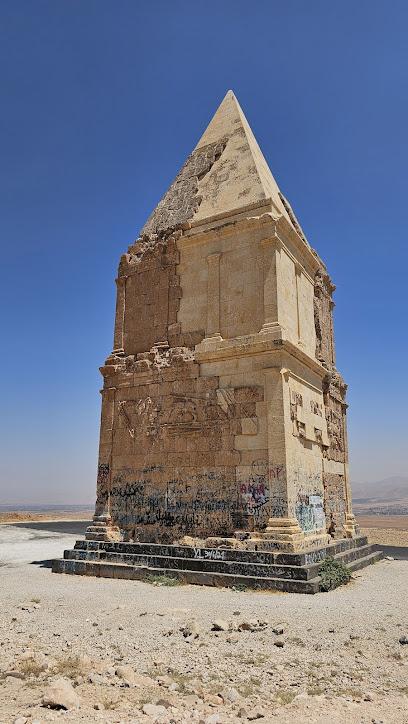
بعلبك لبنان
Discover the breathtaking ruins and rich history of Baalbek, Lebanon's ancient marvel, renowned for its stunning Roman temples and vibrant culture.
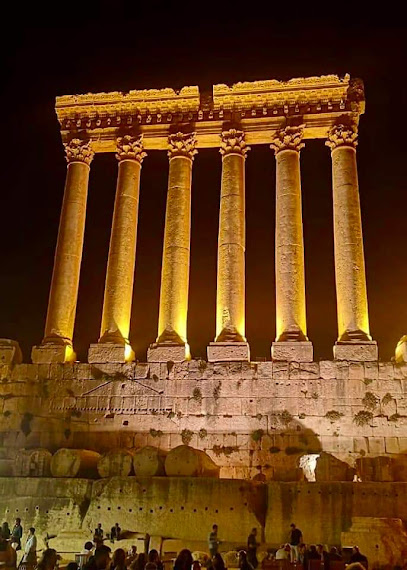
Kadisha cave bcharre
Uncover the beauty and history of Kadisha Cave, a majestic natural wonder in Bcharre, Lebanon, where adventure meets serenity.
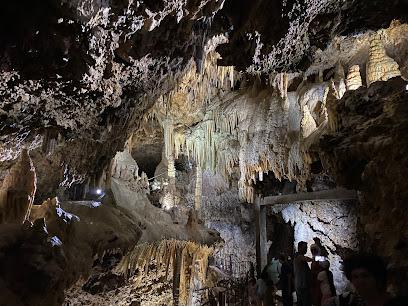
Essential places to dine
Lakkis Farm - Baalbeck
Experience authentic Lebanese cuisine amidst breathtaking views at Lakkis Farm in Baalbeck.
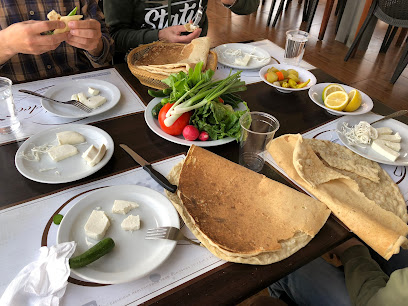
قصر بعلبك
Discover Baalbek: A UNESCO World Heritage Site showcasing stunning Roman ruins with rich history and breathtaking architecture.
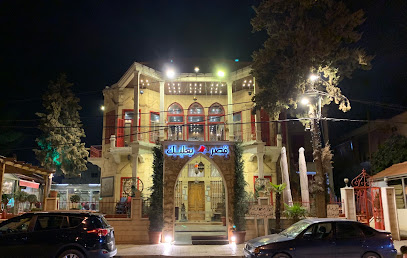
مشاوي الرضا
Savor the authentic taste of Middle Eastern cuisine at مشاوي الرضا in Baalbek – where tradition meets flavor!
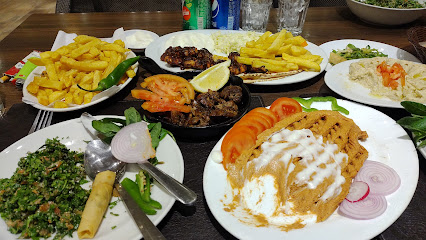
Al Ajami Restaurant مطعم العجمي
Experience authentic Lebanese cuisine at Al Ajami Restaurant in Baalbek - where tradition meets taste.
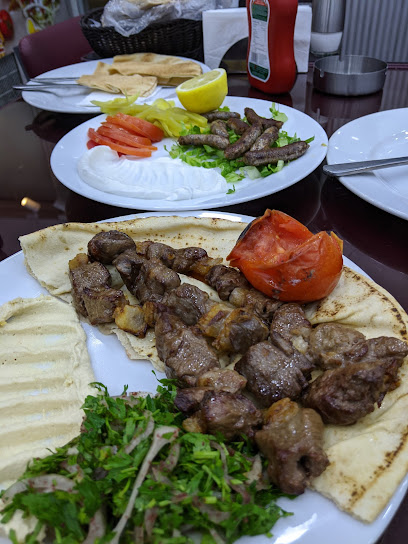
Al Eman - Restaurant
Discover authentic Lebanese flavors at Al Eman Restaurant in Baalbek – where every meal tells a story.
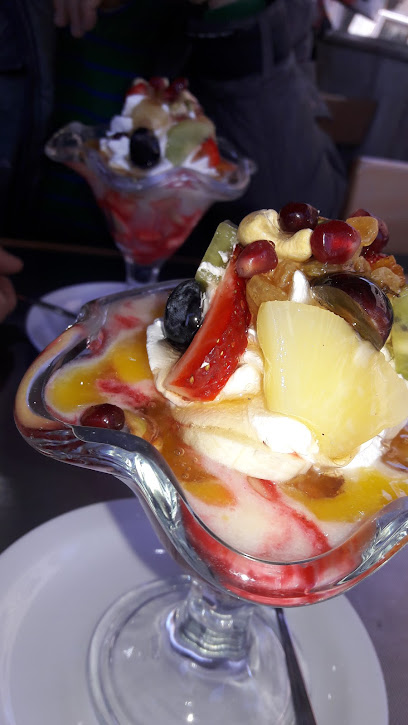
Lakkis Garden
Experience authentic Lebanese cuisine amidst nature at Lakkis Garden in Douris - where flavors meet tranquility.
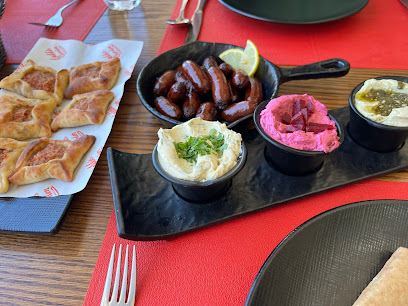
Sama baalbeck
Experience authentic Lebanese cuisine at Sama Baalbeck, where every meal tells a story amidst ancient wonders.
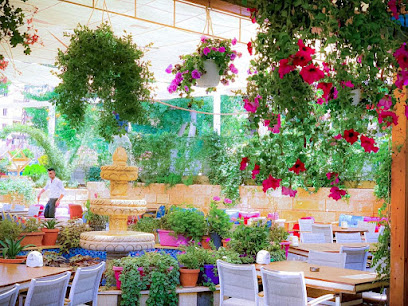
Sol Bistro
Discover authentic Lebanese cuisine at Sol Bistro in Baalbek—where tradition meets taste amidst stunning historical surroundings.
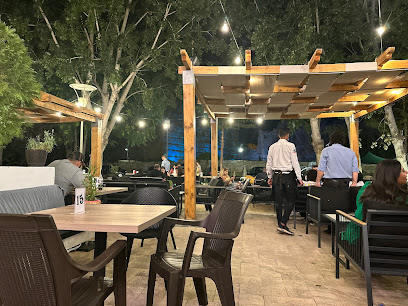
Casino Ras Al Ain - Restaurant
Experience authentic Lebanese cuisine at Casino Ras Al Ain in Baalbek – where tradition meets taste amidst lively entertainment.
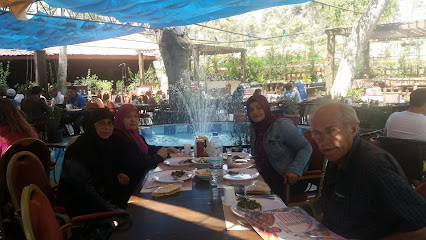
Ananas Restaurant & cafe
Discover authentic Lebanese flavors at Ananas Restaurant & Cafe in Baalbek—where tradition meets modernity in every bite.
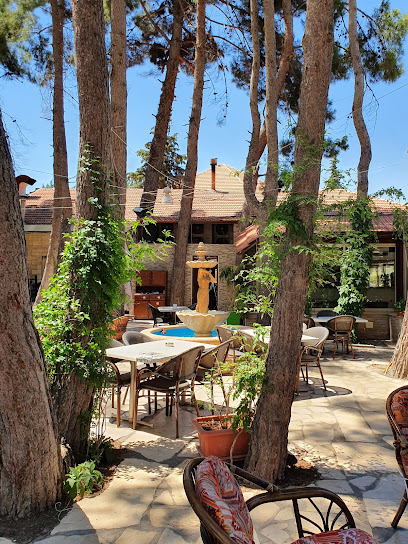
Baytna Restaurant and Cafe
Experience the rich flavors of Mediterranean cuisine at Baytna Restaurant and Cafe in Baalbeck - where health meets taste.
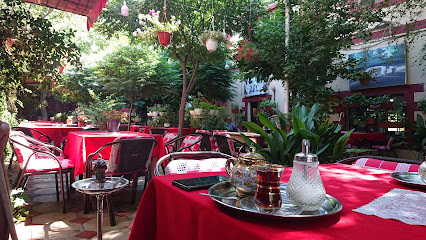
مطعم الأصيل
Savor the essence of Middle Eastern cuisine at مطعم الأصيل in Baalbek – where every dish tells a story.

Bel baalbaki/ بِ لبعلبكي
Discover authentic Lebanese flavors at Bel Baalbaki in Baalback - where tradition meets culinary excellence.
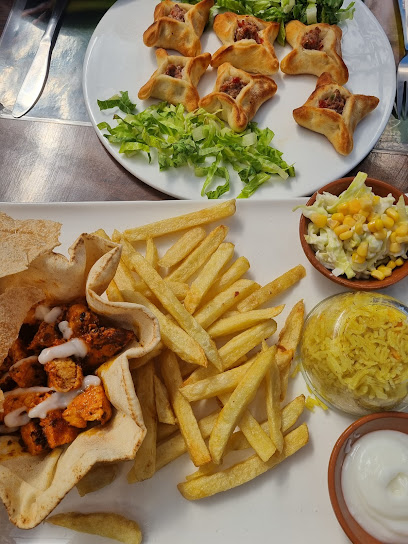
Al Amir
Discover authentic Lebanese flavors at Al Amir in Baalbek—where every meal tells a story.
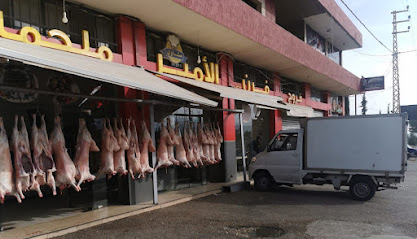
Paradise مطعم
Experience authentic Lebanese flavors at Paradise مطعم in Baalbek - a must-visit culinary destination for every traveler.
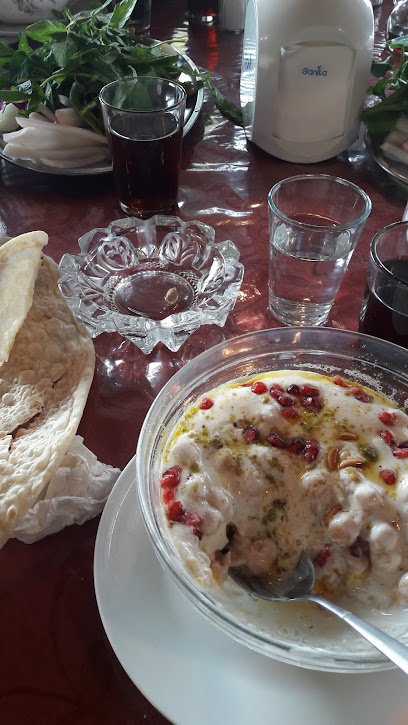
Markets, malls and hidden boutiques
Baalback Old Souks
Explore Baalbek Old Souks: A vibrant marketplace blending tradition, culture, and the best of Lebanese craftsmanship in the heart of Baalbek.
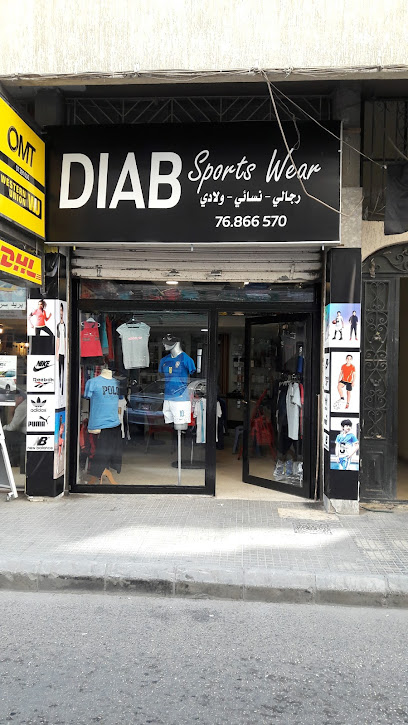
XBOX Jeans
Explore XBOX Jeans in Baalbek for an exceptional selection of stylish men's clothing, where quality meets modern flair.
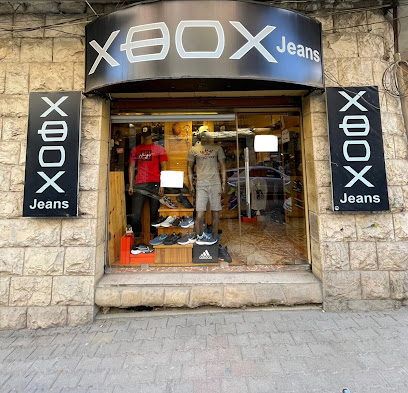
Kandy Habib Kanaan
Explore the vibrant fashion scene at Kandy Habib Kanaan, Lebanon's premier clothing store offering a unique blend of local and international styles.
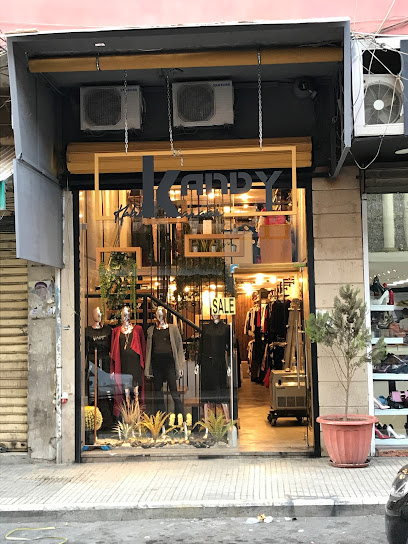
Faux Bijoux ABIR
Discover a world of exquisite jewelry and unique accessories at Faux Bijoux ABIR, a premier shopping destination in Baalbek, Lebanon.
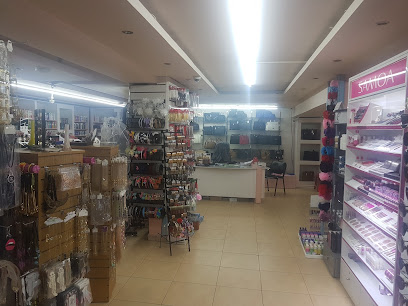
Brandy Bee
Discover stylish clothing and local fashion trends at Brandy Bee, a must-visit clothing store in Baalbek's vibrant shopping scene.
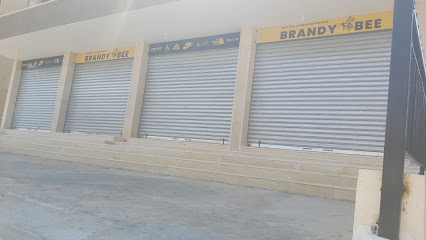
مؤسسة برأ رعد التجارية
Explore cutting-edge technology in the historic city of Baalbek, where ancient ruins meet modern electronics shopping.
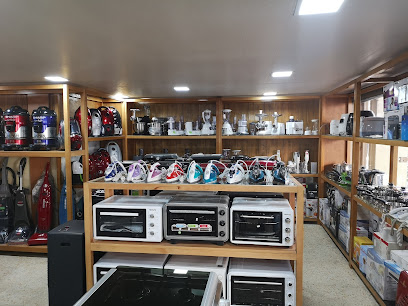
محلات يونس للالبسة
Explore the vibrant fashion scene at محلات يونس للالبسة in Baalbek, where local style meets modern trends in a welcoming atmosphere.
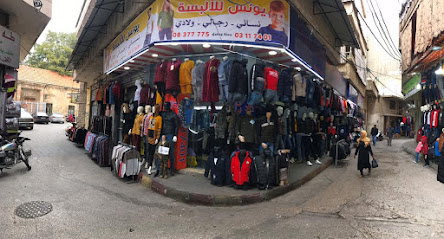
Al Wafaa Jewelry Hussein Othman general trading
Discover exquisite handcrafted jewelry at Al Wafaa Jewelry in Baalbek, where tradition meets elegance in every piece.
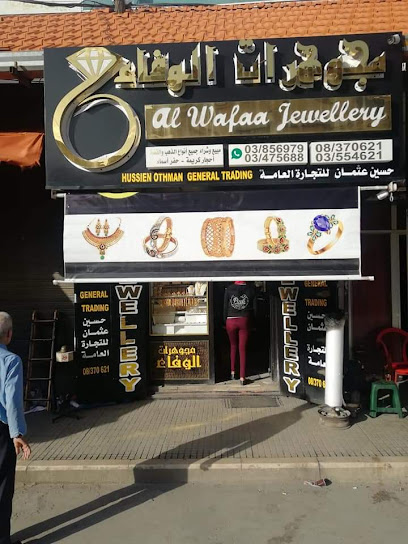
Sadek Abdel Sater Shops محلات صادق عبد الساتر
Discover authentic Lebanese clothing and immerse yourself in the vibrant culture at Sadek Abdel Sater Shops in the heart of Souk Baalbek.
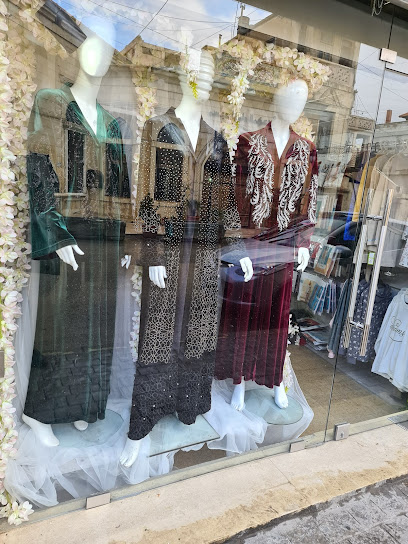
Kanaan shoes
Explore Kanaan Shoes in Baalbek for a remarkable selection of quality footwear that reflects the charm of local craftsmanship.
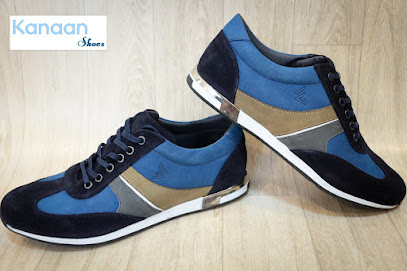
Jawaher Jewelry
Explore exquisite craftsmanship at Jawaher Jewelry in Baalbek, a must-visit for jewelry lovers seeking authentic Lebanese artistry.

Shops
Discover Baalbek's vibrant wholesaler shops, offering unique local crafts, friendly vendors, and a rich cultural shopping experience.

Souvenir Shop Caverne d'alibaba
Explore authentic Lebanese crafts and unique treasures at Souvenir Shop Caverne d'alibaba in Baalbek, a must-visit gift shop for every traveler.
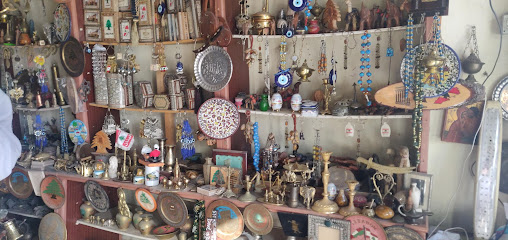
غاليري daniella zfaf alahmar
Explore Baalbek's Galeri Daniella Zfaf Alahmar for exquisite clothing that blends tradition and modernity in a vibrant shopping experience.
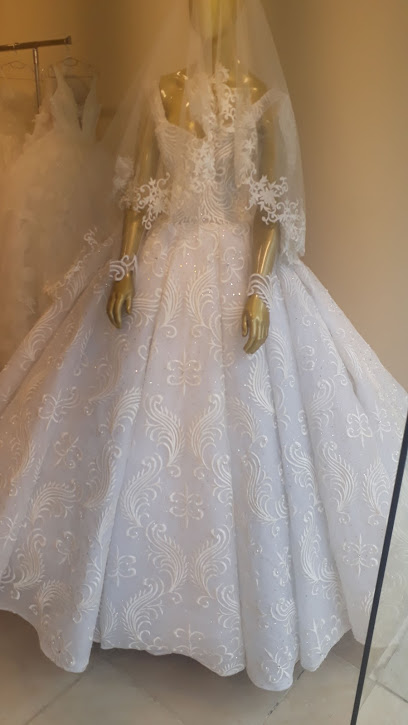
Zafaf Al Ahmar
Discover Zafaf Al Ahmar in Baalbek, your one-stop destination for exquisite bridal attire and personalized wedding services.

Essential bars & hidden hideouts
Lakkis Farm - Baalbeck
Discover the authentic tastes of Lebanese cuisine at Lakkis Farm in Baalbek, where fresh ingredients meet stunning landscapes.
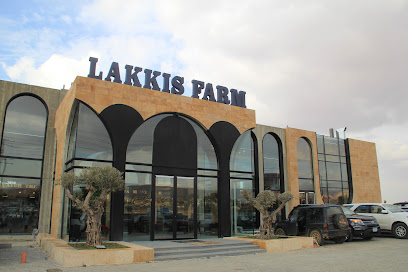
قصر بعلبك
Discover the authentic flavors of Lebanon at قصر بعلبك, where culinary tradition meets warm hospitality in the heart of Baalbek.
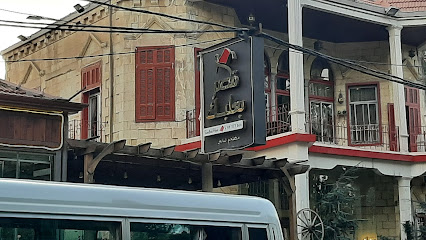
مشاوي الرضا
Savor the authentic taste of Middle Eastern cuisine at مشاوي الرضا in Baalbek, where every dish tells a story of tradition and flavor.
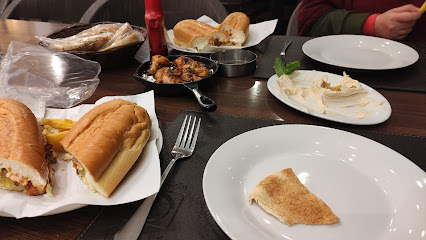
Brut Bar
Discover the vibrant spirit of Lebanon at Brut Bar, where exquisite wines and craft beers meet lively local culture.
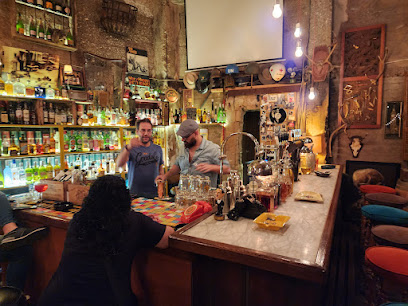
Al Ajami Restaurant مطعم العجمي
Experience the authentic flavors of Lebanese cuisine at Al Ajami Restaurant, a culinary treasure in the heart of Baalbek.
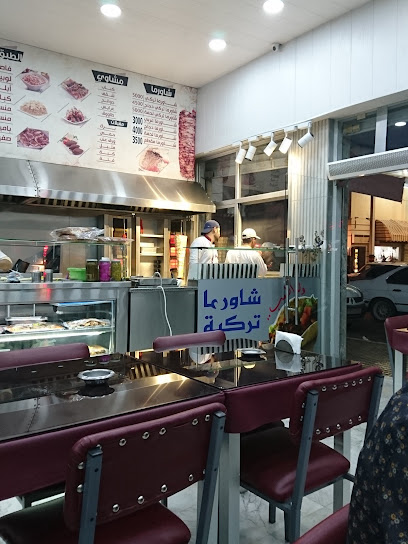
Al Eman - Restaurant
Discover the flavors of Lebanon at Al Eman Restaurant in Baalbek, where traditional dishes meet a welcoming atmosphere.
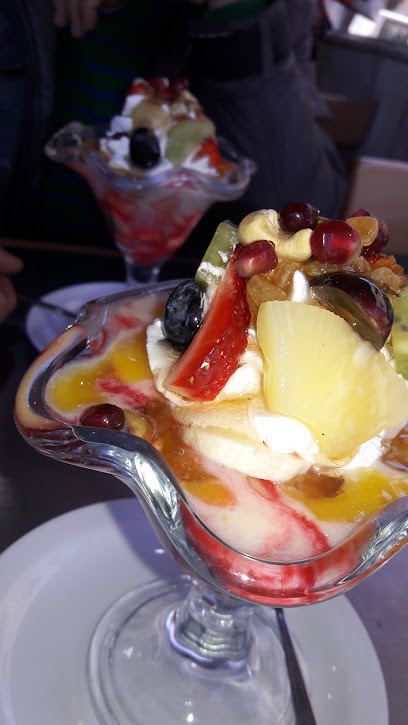
Lakkis Garden
Experience the best of Lebanese cuisine in a serene garden setting at Lakkis Garden, a culinary oasis in Douris.
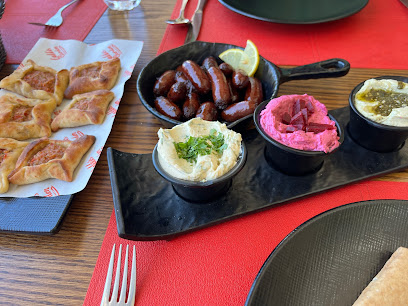
Sol Bistro
Discover the rich flavors of Lebanese cuisine at Sol Bistro, a charming restaurant in historic Baalbek.
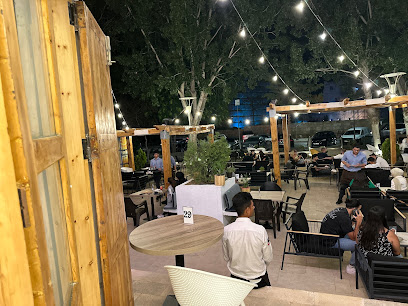
Casino Ras Al Ain - Restaurant
Experience the flavors of Lebanon at Casino Ras Al Ain, a must-visit restaurant in Baalbek offering authentic dishes and stunning views.
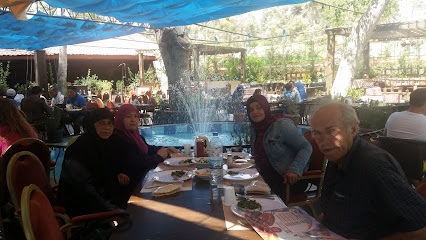
Baytna Restaurant and Cafe
Discover authentic Mediterranean dining at Baytna Restaurant and Cafe, where fresh ingredients meet traditional flavors in a cozy setting.
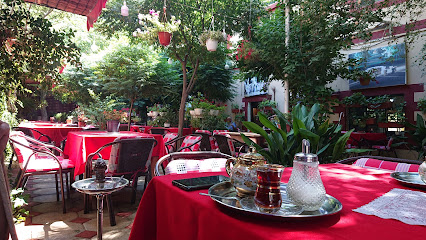
Bel baalbaki/ بِ لبعلبكي
Experience the rich flavors of Lebanese cuisine at Bel Baalbaki, a cozy restaurant and cafe in the historic city of Baalback.
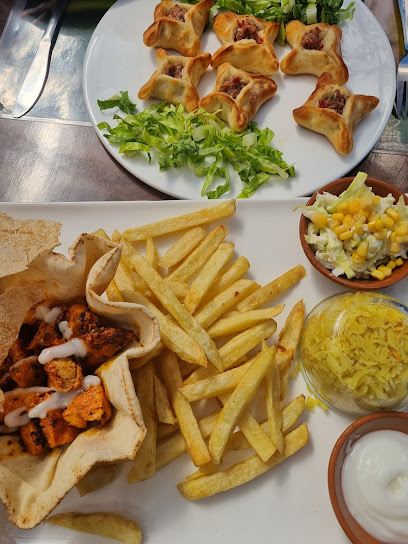
Classic food
Classic Food in Baalbek: Experience authentic Lebanese cuisine in a warm and inviting atmosphere, perfect for every traveler exploring ancient history.
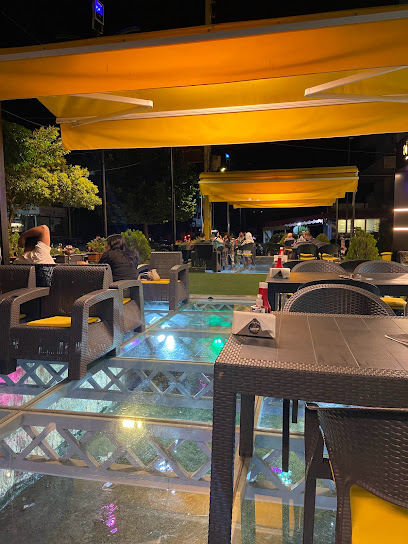
Chabchoul: Burj el Chams
Discover authentic Lebanese flavors at Chabchoul: Burj el Chams in Baalbek, a culinary treasure offering a memorable dining experience.
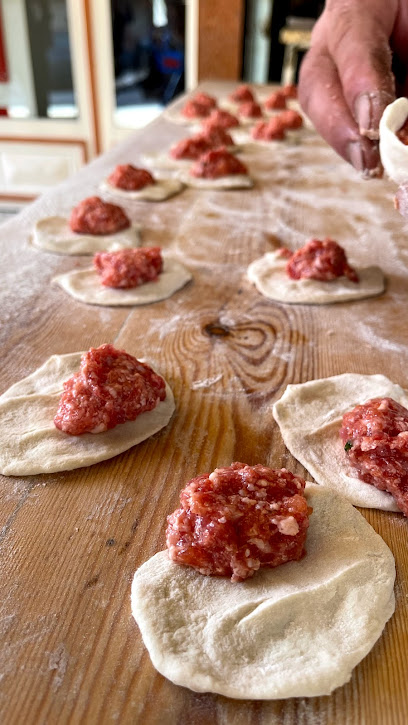
Tavern Cesar Restaurant
Explore the authentic taste of Lebanon at Tavern Cesar Restaurant, where rich flavors and historical charm come together in Baalbek.
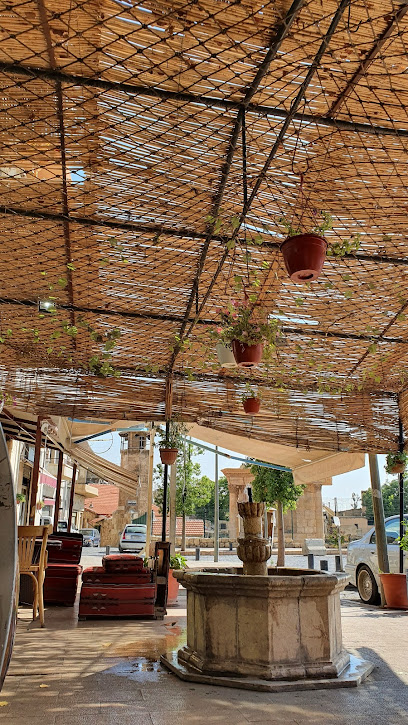
Travel experiences inspired by this city
Explore more travel diariesLocal Phrases
-
- Helloمرحبا
[marhaba] - Goodbyeمع السلامة
[maa assalama] - Yesنعم
[naam] - Noلا
[laa] - Please/You're welcomeمن فضلك/على الرحب والسعة
[min fadlik/ala ar-rahb was-sa'a] - Thank youشكرا
[shukran] - Excuse me/Sorryعذرا
[udhran] - How are you?كيف حالك؟
[kayfa halak?] - Fine. And you?بخير. وأنت؟
[bikhayr. wa anta?] - Do you speak English?هل تتحدث الإنجليزية؟
[hal tatahadath al-ingliziyya?] - I don't understandلا أفهم
[laa afham]
- Helloمرحبا
-
- I'd like to see the menu, pleaseأرغب في رؤية القائمة، من فضلك
[arghab fi ru'yat al-qa'imah, min fadlik] - I don't eat meatأنا لا آكل اللحم
[ana la aakul al-lahm] - Cheers!صحتين!
[sahhtain!] - I would like to pay, pleaseأود أن أدفع، من فضلك
[awad an adfa', min fadlik]
- I'd like to see the menu, pleaseأرغب في رؤية القائمة، من فضلك
-
- Help!النجدة!
[al-najdah!] - Go away!انصرف!
[insarif!] - Call the Police!اتصل بالشرطة!
[itassal bialshurta!] - Call a doctor!اتصل بطبيب!
[itassal bitalib!] - I'm lostضاعت الطريق
[da'at al-tariq] - I'm illأنا مريض
[ana mareed]
- Help!النجدة!
-
- I'd like to buy...أرغب في شراء...
[arghab fi shira...] - I'm just lookingأنا فقط أتطلع
[ana faqat atatallu'] - How much is it?كم هو ثمنه؟
[kam huwa thamanuhu?] - That's too expensiveهذا غالي جدا
[hatha ghali jiddan] - Can you lower the price?هل يمكنك خفض السعر؟
[hal yumkinuk khafd al-si'r?]
- I'd like to buy...أرغب في شراء...
-
- What time is it?كم الساعة؟
[kam al-sa'ah?] - It's one o'clockالساعة الواحدة
[al-sa'ah al-wahidah] - Half past (10)النصف بعد (عشرة)
[al-nisf ba'd (ashrah)] - Morningالصباح
[al-subah] - Afternoonالظهر
[al-dhuhur] - Eveningالمساء
[al-masa'] - Yesterdayالبارحة
[al-barhah] - Todayاليوم
[al-yawm] - Tomorrowغدا
[ghadan] - 1واحد
[wahid] - 2اثنان
[ithnan] - 3ثلاثة
[thalathah] - 4أربعة
[arba'ah] - 5خمسة
[khamsah] - 6ستة
[sittah] - 7سبعة
[sab'ah] - 8ثمانية
[thamaniah] - 9تسعة
[tis'ah] - 10عشرة
[asharah]
- What time is it?كم الساعة؟
-
- Where's a/the...?أين ال...؟
[ayn al...?] - What's the address?ما هو العنوان؟
[ma huwa al-unwan?] - Can you show me (on the map)?هل يمكنك أن تريني (على الخريطة)؟
[hal yumkinuk an tarini (ala al-kharitah)?] - When's the next (bus)?متى يأتي الحافلة القادمة؟
[mata yaati al-hafilah al-qadimah?] - A ticket (to ....)تذكرة (إلى ...)
[tadhkirah (ila ...)]
- Where's a/the...?أين ال...؟
History of Baalbek
-
Baalbek, also known as Heliopolis during the Roman period, has roots that trace back to the Phoenicians, who initially settled the area. The site was originally a place of worship dedicated to the god Baal, which later evolved through various cultural influences over millennia.
-
During the Hellenistic period, Baalbek came under the influence of the Ptolemaic and Seleucid empires. It was during this time that the city began to be known as Heliopolis, or 'City of the Sun'. The Greeks contributed significantly to the architectural and cultural fabric of the city.
-
In 64 BCE, Baalbek was annexed by the Roman Empire. Under Roman rule, the city saw the construction of some of its most magnificent temples, including the Temple of Jupiter, the Temple of Bacchus, and the Temple of Venus. These structures are renowned for their grand scale and intricate design, making Baalbek one of the greatest sanctuaries of the Roman world.
-
With the rise of the Byzantine Empire, Baalbek transitioned into a Christian city. Several of its pagan temples were repurposed for Christian worship. The city maintained its importance as a religious center and continued to thrive under Byzantine rule.
-
In the 7th century, Baalbek was conquered by Muslim armies and became part of the Umayyad Caliphate. The city experienced a period of Islamic architectural and cultural influence, including the construction of mosques and fortifications. It remained an important center of trade and culture throughout the medieval period.
-
Baalbek came under Ottoman control in the 16th century. During this period, the city saw a mixture of neglect and intermittent restoration. It wasn't until the 19th and 20th centuries that Baalbek began to attract significant attention from Western archaeologists and historians, leading to extensive excavations and restorations that unveiled much of its ancient splendor.
-
Today, Baalbek is a UNESCO World Heritage Site and a major tourist attraction. Its ancient ruins are a testament to its rich and diverse history, drawing visitors from around the world who come to marvel at its monumental temples and gain insight into the various cultures that have shaped this extraordinary city.
Baalbek Essentials
-
Baalbek is located in the Beqaa Valley of Lebanon. The nearest international airport is Beirut-Rafic Hariri International Airport, approximately 85 kilometers away. From Beirut, you can take a taxi or a bus to Baalbek. The journey typically takes around 2 to 3 hours by road, depending on traffic conditions. Private car rentals are also available for those who prefer to drive themselves.
-
Baalbek is a relatively small city, and many of its attractions are within walking distance. Local taxis are available and are a convenient way to get around. Public buses and minibuses (known as 'service' cars) operate within the city and connect to nearby towns. Renting a car is an option if you plan to explore the surrounding areas at your own pace, but be aware that driving can be challenging due to local traffic conditions.
-
The official currency in Lebanon is the Lebanese Pound (LBP), although US Dollars (USD) are widely accepted. Credit cards are accepted in most hotels, restaurants, and shops, but it is advisable to carry some cash, especially in smaller establishments and markets. ATMs are available in Baalbek, and it is a good idea to withdraw sufficient cash before heading to more remote areas.
-
Baalbek is generally safe for tourists, but it is important to take standard precautions. Avoid walking alone at night in unfamiliar areas and be vigilant about your belongings in crowded places. While there are no specific high-crime areas targeting tourists, it is always best to stay aware of your surroundings. Political tensions can sometimes flare up, so it is wise to stay informed about the current situation before and during your visit.
-
In case of emergency, dial 112 for immediate assistance. The local police station and medical facilities are available in Baalbek. It is highly recommended to have travel insurance that covers medical emergencies. For minor health issues, there are pharmacies in the city where you can purchase over-the-counter medications. Make sure to know the location of the nearest hospital or clinic before your trip.
-
Fashion: Do dress modestly, especially when visiting religious sites. Avoid wearing revealing clothing out of respect for local customs. Religion: Do respect local customs and traditions. When visiting mosques, dress modestly and remove your shoes before entering. Public Transport: Do be respectful and courteous to other passengers. Don't eat or drink on public transport. Greetings: Do greet people with a handshake. A warm smile and a 'Hello' will go a long way. Eating & Drinking: Do try local delicacies and accept food offerings graciously. Don't refuse hospitality, as it is considered impolite.
-
To experience Baalbek like a local, visit the local markets where you can buy fresh produce and traditional Lebanese goods. Engage with locals, as they are often friendly and willing to share stories about the city's history and culture. Don't miss visiting the ancient Roman temples, which are some of the best-preserved in the world. For a unique experience, attend one of the Baalbek International Festival events, which feature performances by international and local artists in a stunning historical setting.
Trending Landmark in Baalbek
Nearby Cities to Baalbek
-
Things To Do in Bcharre
-
Things To Do in Zahle
-
Things To Do in Anjar
-
Things To Do in Byblos
-
Things To Do in Jounieh
-
Things To Do in Broummana
-
Things To Do in Batroun
-
Things To Do in Aley
-
Things To Do in Rashaya
-
Things To Do in Beirut
-
Things To Do in Deir el Qamar
-
Things To Do in Marjayoun
-
Things To Do in Sidon
-
Things To Do in Tyre
-
Things To Do in Safed












